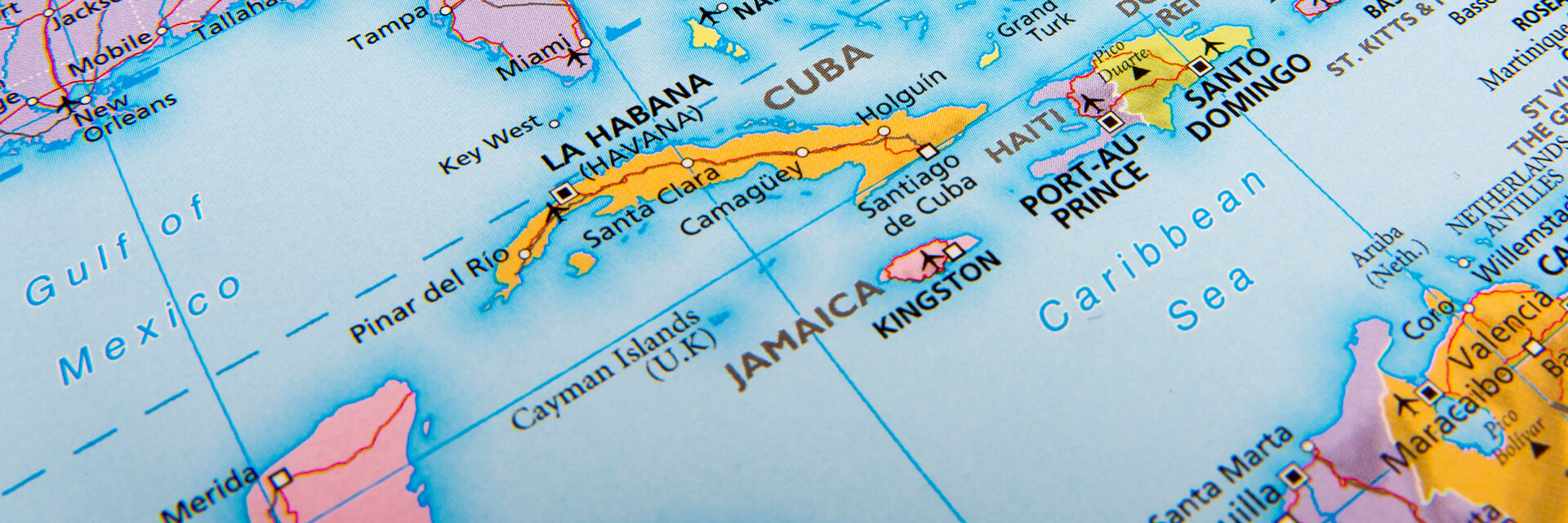
The Private Funds Law, 2020 and the Mutual Funds (Amendment) Law, 2020: New Registration Requirements for Previously Unregulated Cayman Funds
- Published
- Jul 10, 2020
- By
- Elli Bloom
- Share
On February 7, 2020, the Cayman Islands Government passed sweeping legislation to enhance oversight of investment funds to boost best practices and strengthen investor confidence. The Private Funds Law, 2020 (PFL) requires close-ended funds formed in Cayman to register with the Cayman Islands Monetary Authority (CIMA) by August 7, 2020, which is less than two months away. The Mutual Funds (Amendment) Law, 2020 (MFL) removed the small fund exemption (those with fewer than 15 investors). Both new pieces of legislation subject substantially all private open-ended and closed-ended funds formed in Cayman to register with CIMA. In considering the scope and impact of the Private Funds Law, 2020, it was estimated that 29,000 funds may be impacted.
During a June 16 live webcast, professionals from EisnerAmper and The Harbour Trust Co. Ltd. (Harbour) discussed these laws, and their potential impact. Panelists included:
- Peter Cogan, Managing Partner, EisnerAmper (Moderator)
- Irina Gershengoren, Partner, EisnerAmper
- Cassandra Powell, Director of Harbour; President, Cayman Islands Directors Association
Mutual Funds (Amendment) Law, 2020:
Under the MFL, open-ended funds with fewer than 15 investors will now be required to register with CIMA, comply with annual return requirements, retain accessible records and have annual audits done by a CIMA-approved local auditor.
Private Funds Law, 2020:
Which funds are considered a Private Fund according to the law?
The PFL defines private funds as a company, unit, trust or partnership where:
- Its principal business is the offering and issuing of its investment interests.
- The purpose or effect of which is the pooling of investor funds with the aim of spreading investment risks and enabling investors to receive profits or gains from such entity's investments.
- Its investment interests carry an entitlement to participate in the profits or gains of the vehicle and are not redeemable or repurchasable at the option of the investor, i.e., are closed-ended.
During the webcast, there was an in-depth discussion surrounding these three key definitions. The most significant discussion was surrounding the first item, which defines what is considered “offering and issuing investment interest.” In general, this means activities of taking direct or indirect steps by a private fund or entity working on its behalf to procure the commitment of capital by investors. Powell noted that if a private fund only has one investor, it is exempt from registering provided that the governing documents, or other provision or arrangement of binding legal effect, expressly states that the fund only has, and is only intended to ever have, a single investor of record. Additionally, each fund structure should be examined individually to determine which entities fall under the PFL. Depending on the scenario, certain entities within one complex may need to register while others may be exempt.
It was noted in the presentation that in considering whether a fund is included in the PFL, the absence of one of the three characteristics does not conclusively demonstrate that a collective investment scheme does not fall under the relevant concept. Due to the many details and various definitions surrounding this law, one should reach out to Cayman legal counsel to discuss their funds’ specific structure and receive guidance on whether they are within scope of the PFL, 2020.
When does a fund have to register?
The PFL requires that closed-ended Cayman fund vehicles register with CIMA:
- New funds: Within 21 days of accepting capital commitments from investors and prior to accepting capital contributions from the investors.
- All new and existing funds: Required to register by August 7, 2020.
Requirements for funds under the law:
There are various requirements for funds under the PFL, 2020, these include:
- Valuation of assets - The PFL requires consistent valuations procedures performed by the fund, at least annually. The manager, operator or a third party can perform this valuation but if the valuation is performed internally, the valuation process needs to be disclosed to investors and how any conflicts that arise would be handled.
- Safekeeping of fund assets - The PFL requires a custodian to hold any physical assets and maintain a record of the fund assets. For funds where having a custodian is not practical given the nature of the fund and type of assets held, this requirement can be carried out by the manager or operator of the fund, an independent administrator or another independent third party.
- Cash monitoring - The PFL requires monitoring of cash flows and checking of cash accounts and receipt of investor payments be carried out by the manager or operator of the fund, an independent administrator or another independent third party.
- Identification of securities - The PFL requires a private fund that regularly trades securities, or holds them on a consistent basis, to maintain a record of the identification codes of the securities in question.
All funds, which are subject to the PFL, must have their accounts audited annually by a Cayman Islands-based auditor beginning with the 2020 financial year. These financials statements are required to be submitted along with the fund’s annual return to CIMA within six months of the end of each financial year.
As the deadline to register of August 7 is approaching, it is essential that each fund manager review their funds and consult with Cayman Island counsel to determine whether they need to register.
The full webcast can be accessed here.
What's on Your Mind?
Start a conversation with Elli
Receive the latest business insights, analysis, and perspectives from EisnerAmper professionals.










